On July 30, Ayuda joins immigrant champions around the world in observing World Day Against Trafficking in Persons. It’s a day for raising awareness, listening to survivors, and advocating for the protection of those who experience this pernicious crime.
As a nonprofit serving immigrant survivors of human trafficking, Ayuda is intimately familiar with the protections available to trafficking survivors and how they fall short. Our legal services team frequently helps clients seek T Visas, which allow noncitizen trafficking survivors to remain in the U.S. for an initial period of up to four years, provided they help law enforcement in prosecuting their traffickers.
Unfortunately, securing a T Visa doesn’t mean that a trafficking survivor will automatically gain access to the support system.
Jana*, a resilient 53-year-old immigrant from Eastern Africa, faced significant challenges upon arriving at Ayuda. As a survivor of trafficking, she had her T Visa in hand but struggled to access federal and state benefits. After losing her job and mourning her mother’s death, Jana needed support, and Ayuda’s social services team stepped in.
Despite qualifying on paper for the Supplemental Nutrition Assistance Program (SNAP), the Refugee Cash Assistance program in DC, and Medicaid, Jana’s applications were initially rejected. Determined to overcome these hurdles, Jana reapplied with her Ayuda case manager by her side for support and validation.
The process was not easy, as Jana and her case manager spent seven months reapplying and educating DC DHS employees about the T Visa. Finally, on their fifth in-person visit, their persistence paid off. The Office Manager reviewed her case, and Jana’s applications were approved. This victory marked a significant turning point in Jana’s journey, showcasing the power of perseverance and advocacy. Ayuda’s team is relieved that Jana finally has access to these benefits.
On World Day Against Trafficking in Persons, we encourage our local governments to continue improving their processes. It’s vital that trafficking survivors can access the programs they need without enduring lengthy delays. This support is critical for them to rebuild their lives.

